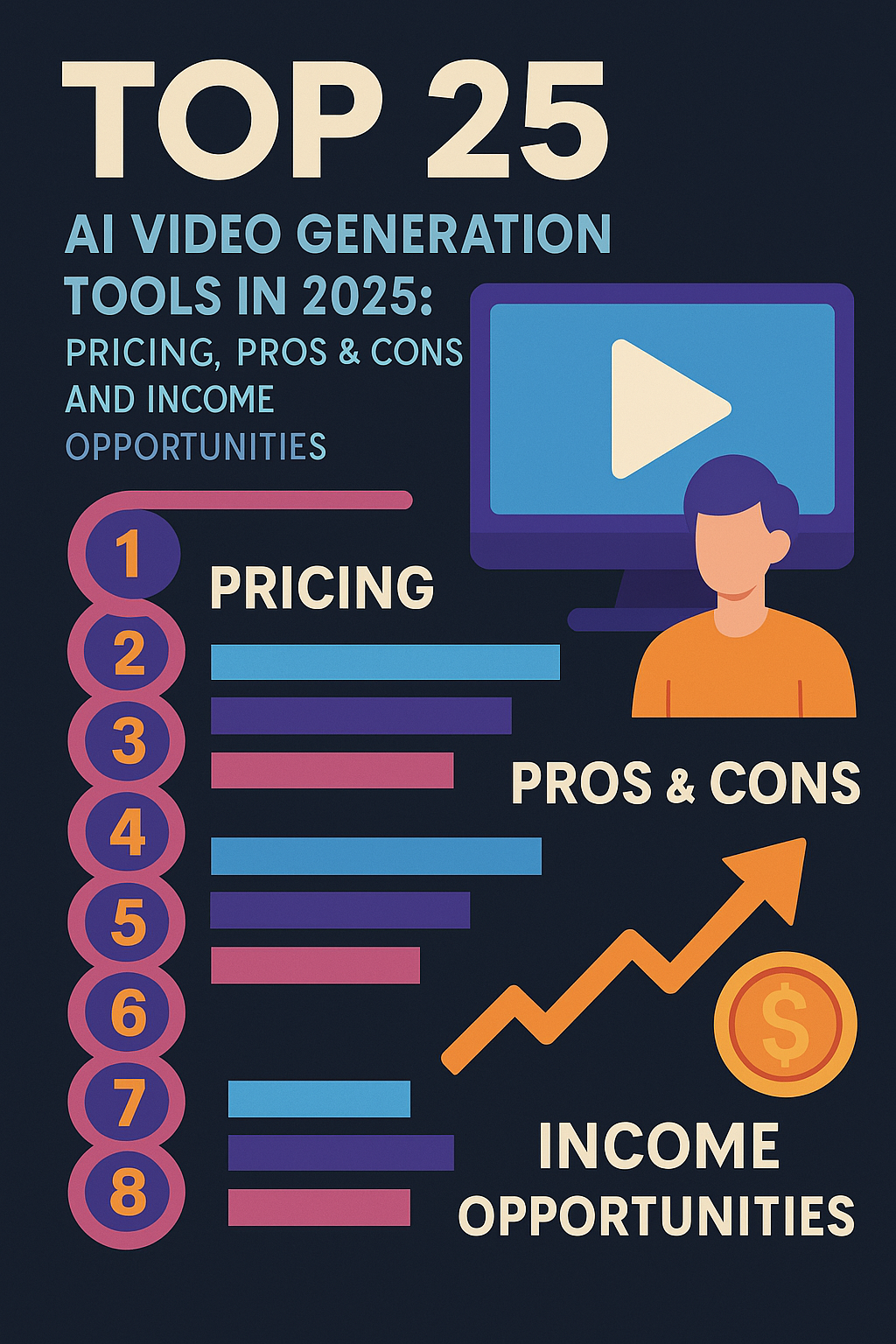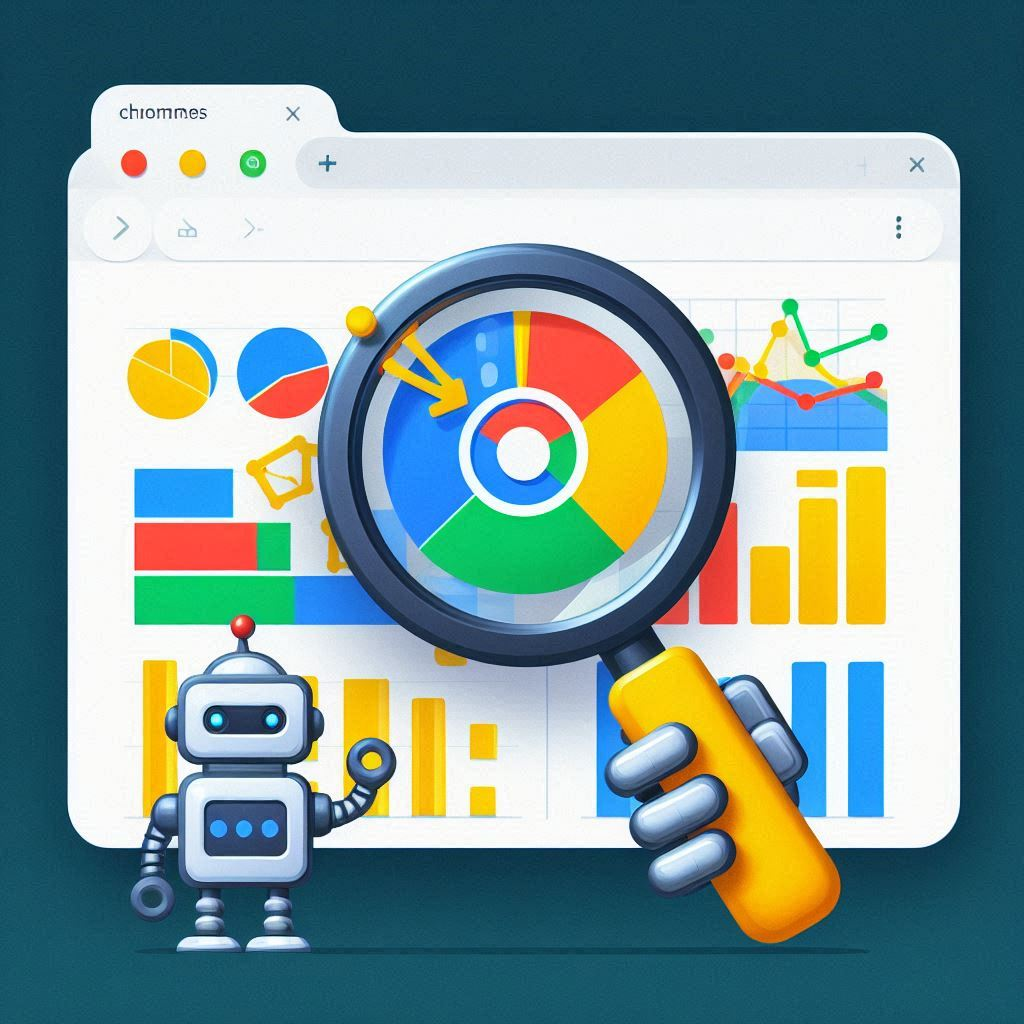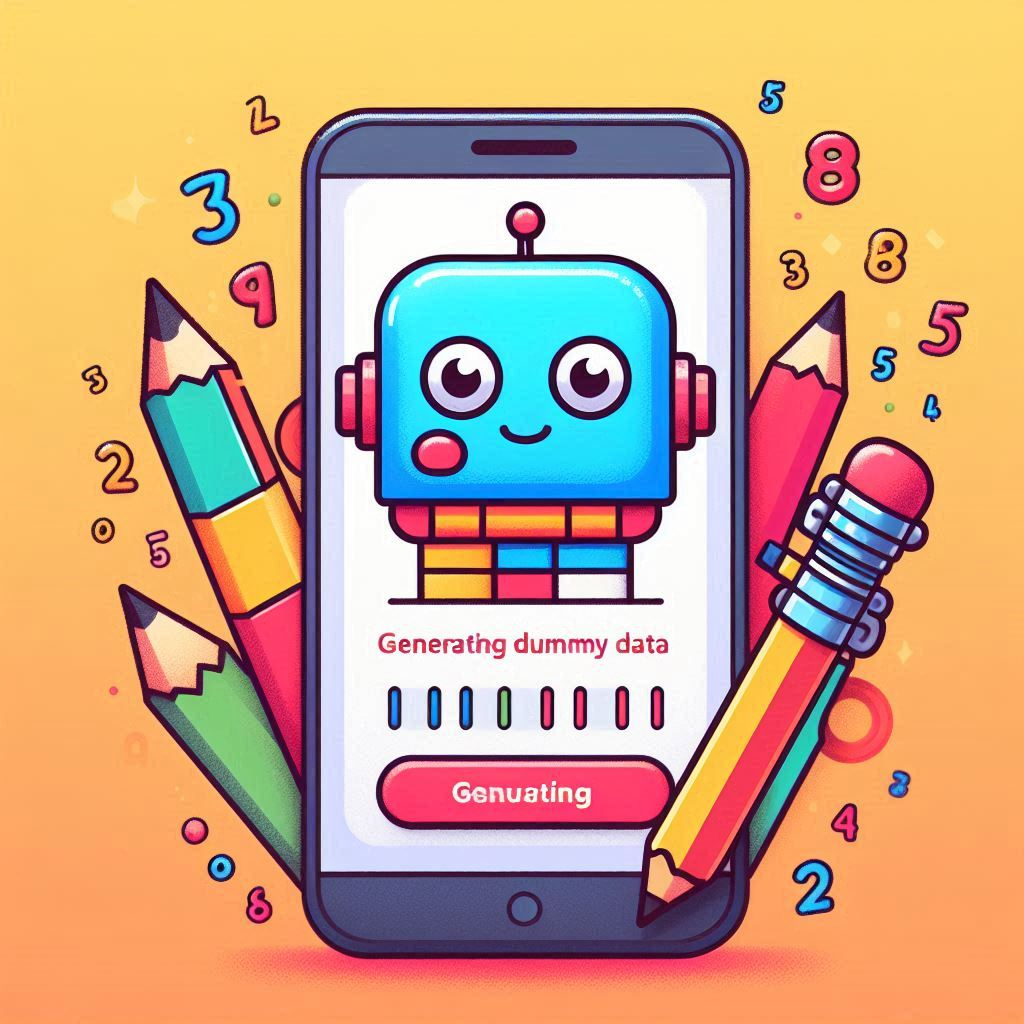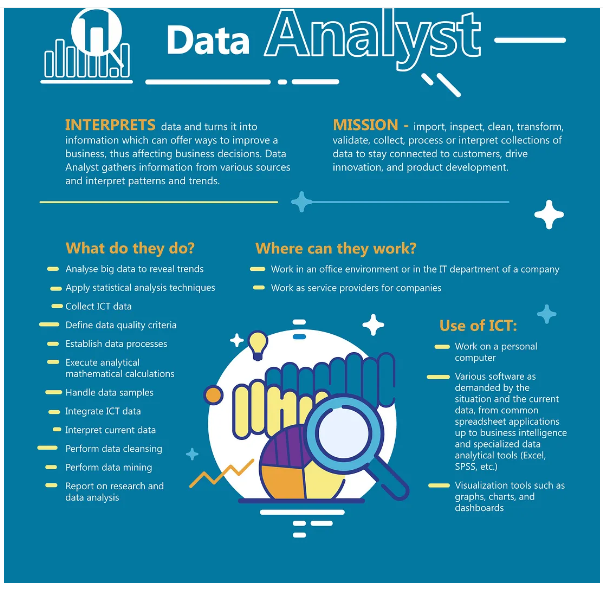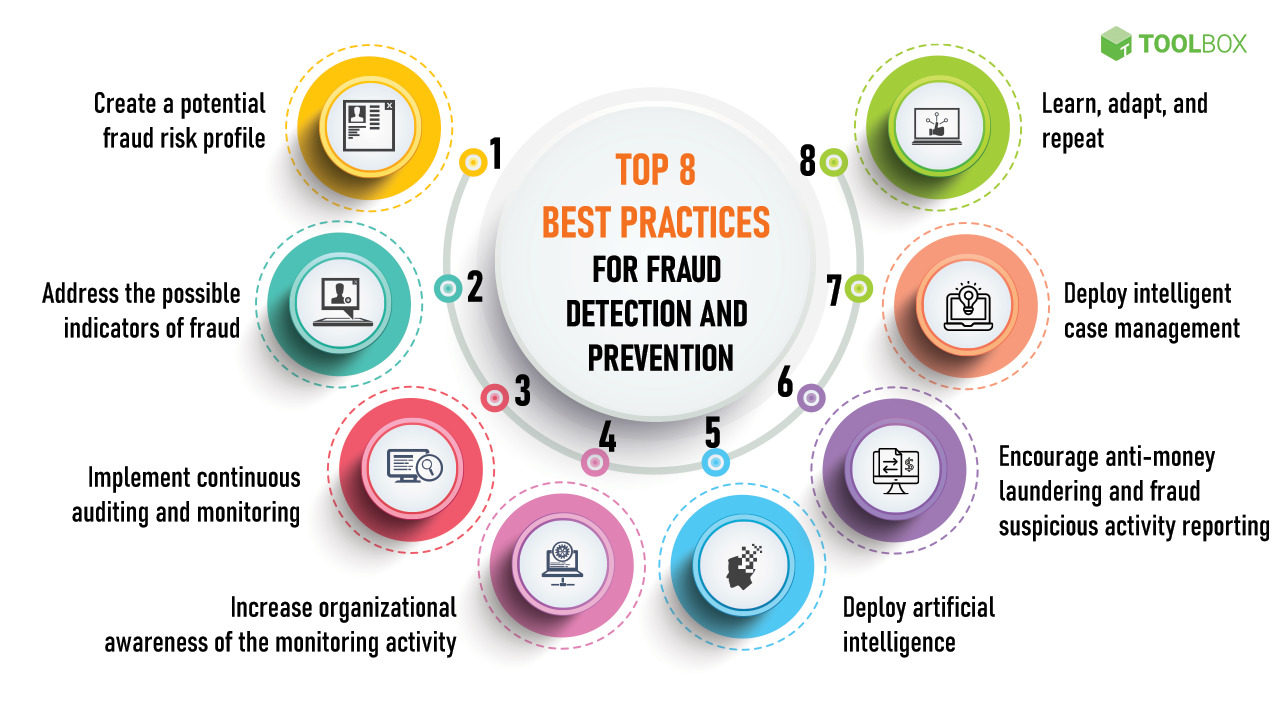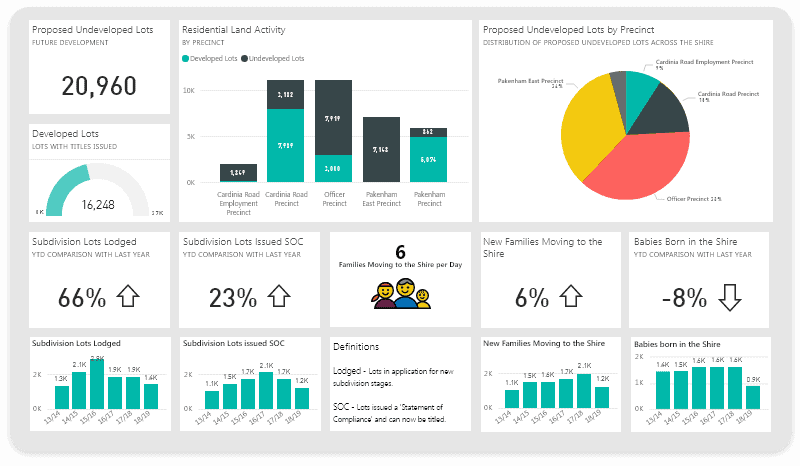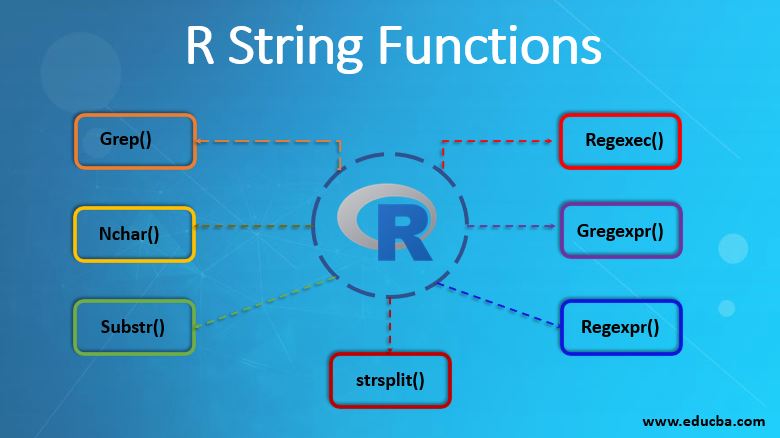
GitHub is a web-based platform that primarily serves as a version control repository for software development. It allows developers to collaborate on projects by providing tools to manage code, track changes, and work together on software development projects. GitHub is built on Git, a distributed version control system, which enables multiple people to work on the same project simultaneously without conflicting with each other’s changes.
Key Features of GitHub:
- Version Control: GitHub allows users to manage and keep track of changes to their code over time, with a history of revisions.
- Repositories: A repository (or “repo”) is a storage space for a project. GitHub allows users to create and manage repositories, which can contain multiple files, code, and other resources.
- Branching and Merging: Users can create branches of a project to work on specific features or changes without affecting the main codebase. These branches can later be merged back into the main branch.
- Pull Requests: GitHub enables collaborative coding through pull requests, where developers can suggest changes to a project. The changes can be reviewed, discussed, and approved before being merged into the main project.
- Issue Tracking: GitHub provides tools to track issues, bugs, and enhancements, which can be assigned to team members and managed throughout the project lifecycle.
- Collaborative Tools: GitHub supports collaboration through team management, code reviews, discussions, and project boards.
- GitHub Actions: This feature allows users to automate workflows directly within the repository, including CI/CD (Continuous Integration/Continuous Deployment) pipelines, testing, and deployment processes.
- Markdown Support: GitHub supports Markdown, a lightweight markup language, for documentation within repositories, such as README files and project wikis.
- Security Features: GitHub includes various security tools, such as dependency vulnerability scanning, to ensure code safety.
Importance of GitHub:
- Collaboration: GitHub is widely used for collaboration, making it easier for teams to work together on projects regardless of location.
- Open Source Contributions: It hosts a vast number of open-source projects, providing a platform for developers to contribute, learn, and share their work.
- Version Control: By keeping track of every change made to a project, GitHub allows developers to revert to previous versions if needed, reducing the risk of losing important work.
- Community and Networking: GitHub fosters a large developer community, enabling networking opportunities and access to a wealth of shared knowledge and resources.
- Documentation: It provides a structured way to document projects, making it easier for others to understand and contribute to them.
How GitHub Can Be Useful for MBA | PGDM Students:
- Project Management: MBA students can use GitHub’s project management tools, like project boards and issue tracking, to organize and manage group projects or business case studies.
- Learning and Collaboration: GitHub can be used to collaborate on assignments, share notes, and develop collaborative documents, especially in courses related to technology, analytics, or operations.
- Building a Portfolio: Students with technical skills can showcase their work, such as data analysis scripts or business models, by creating repositories on GitHub. This can be a valuable addition to their resumes.
- Understanding Technology: For students interested in tech-driven industries or entrepreneurship, GitHub offers a way to learn about the development process, even if they are not coders.
- Open Source Contributions: MBA students can contribute to open-source projects, which is valuable for those looking to work in tech companies, as it demonstrates an understanding of software development and teamwork.
In summary, GitHub is a powerful tool for collaboration, version control, and project management that can be highly beneficial for MBA students, especially those looking to bridge the gap between business and technology.
Importance of GitHub
In today’s data-driven world, understanding version control and collaboration tools is crucial. GitHub has become an industry standard, and proficiency in using it can significantly enhance your career prospects.
How GitHub Can Be Useful for MBA | PGDM Students
While GitHub might seem primarily for tech-savvy individuals, MBA | PGDM students can leverage it in several ways:
- Data Analysis and Visualization: Many MBA | PGDM programs involve data analysis and visualization projects. GitHub can be used to store and manage your code, collaborate with classmates, and track changes to your analysis.
- Business Simulations: Some business simulations involve coding or scripting. GitHub can help you manage your code, share it with team members, and track the evolution of your solutions.
- Entrepreneurship: If you’re considering starting a business, GitHub can be invaluable for managing your software development projects. It provides a platform for collaboration with developers and tracking project progress.
- Soft Skills Development: GitHub promotes collaboration, communication, and problem-solving skills, all of which are essential for MBA | PGDM graduates.
Getting Started with GitHub
If you’re an MBA | PGDM students eager to explore GitHub, here are some initial steps:
- Create a GitHub account: This is free and straightforward.
- Learn the basics: There are numerous online tutorials and courses to help you grasp the fundamental concepts of Git and GitHub.
- Start a small project: Experiment with GitHub by creating a repository for a personal project or a class assignment.
- Collaborate with classmates: Find opportunities to work on group projects using GitHub to enhance your teamwork skills.
By understanding and utilizing GitHub, MBA students can gain a competitive edge in the job market and become more effective collaborators and problem-solvers.
Keywords: GitHub, version control, collaboration, MBA,PGDM data analysis, business simulations, entrepreneurship, soft skills
Would you like to add any specific examples or case studies related to MBA | PGDM students and GitHub?























